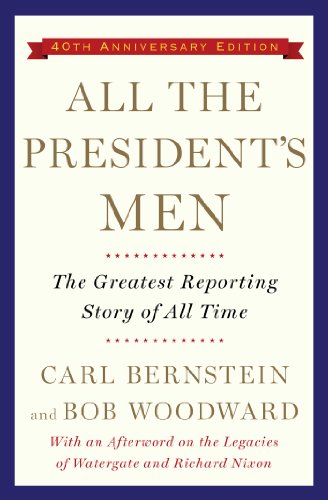Death in the Air was an unexpected find at last year’s BookExpo that I finally got around to reading. The subtitle is what got me - “The True Story of a Serial Killer, the Great London Smog, and the Strangling of a City”. I wondered how author Kate Winkler Dawson would weave together these two stories of serial killer, John Reginald Christie and the four day smog that killed thousands. The story comes together in Parliament of all places - competing priorities and differing political agendas. Death in the Air is an interesting history lesson of murder that was never completely resolved.
It’s a 1952 London winter. Fog is a common occurrence in London, as we know. Post war England is financially struggling, they are in rebuilding mode, and industry is pumping out toxic fumes along with production. Coal is the primary source of energy, with two kinds in circulation - a “higher quality” and expensive black coal; and nutty slack, a cheaper, more toxic heat source that the working class use to fill their fireplaces. As a fog descends upon the city on December 4th, factories continue to operate and people go to work. During this time, it’s reported that you would hardly be able to see your hand in front of you, driving is impossible, criminals have their way, and the soot is everywhere, clinging to hair and clothing, being ingested into lungs. After five days of the smoke and fog thousands die from the poisonous gases. It’s not until a year later a report is released stating 4,000 people died due to the smog. And it’s some 50 years later, when the true, staggering number is released - over 12,000 people dead due to the smog.
Read more



